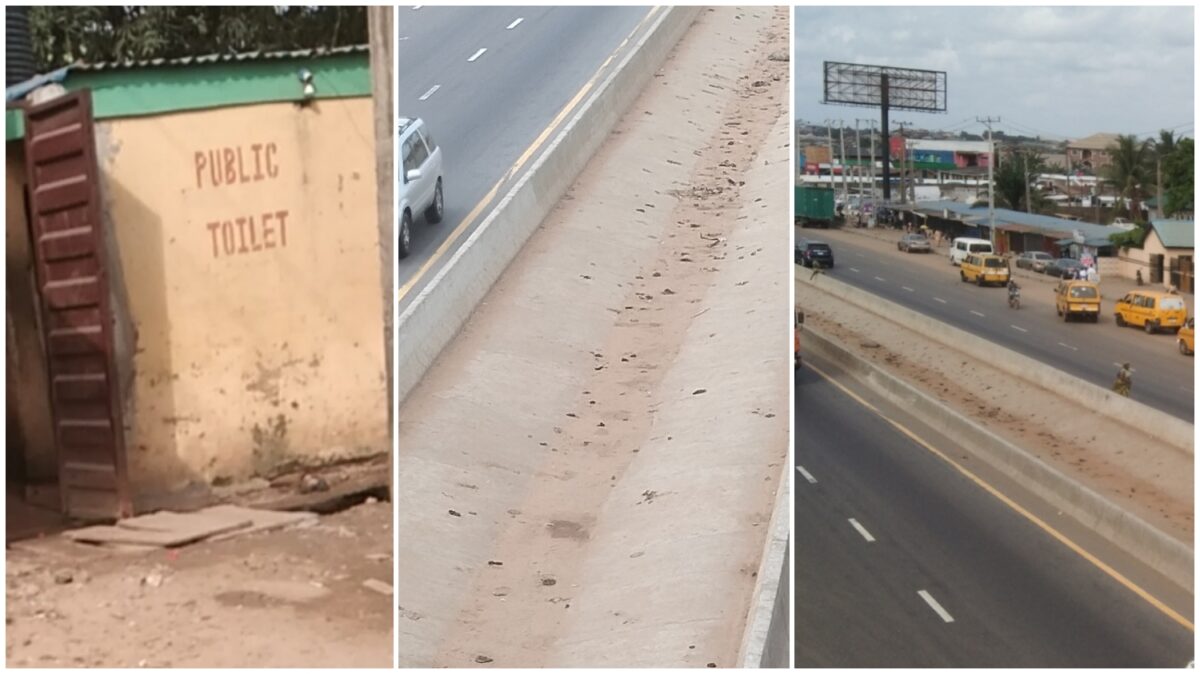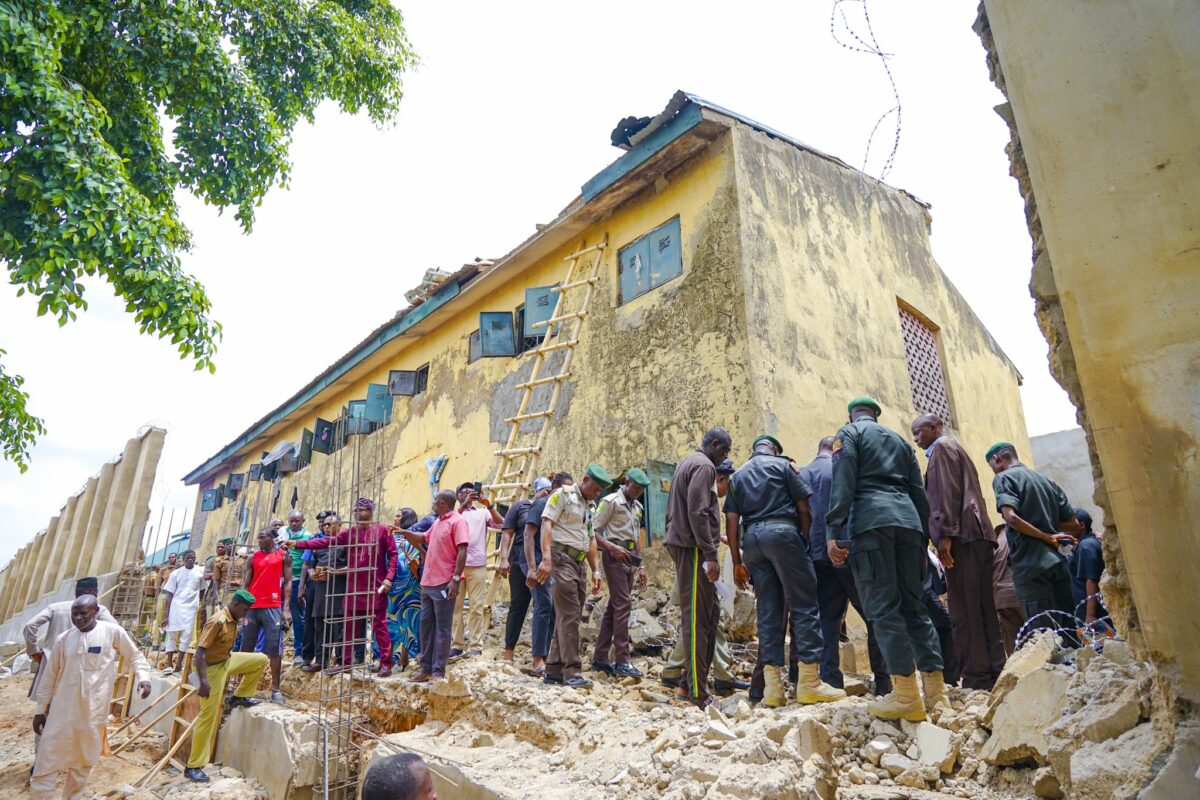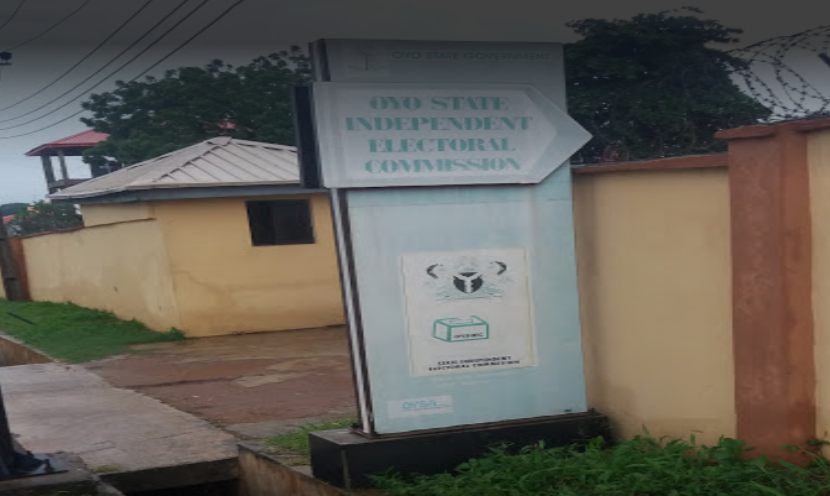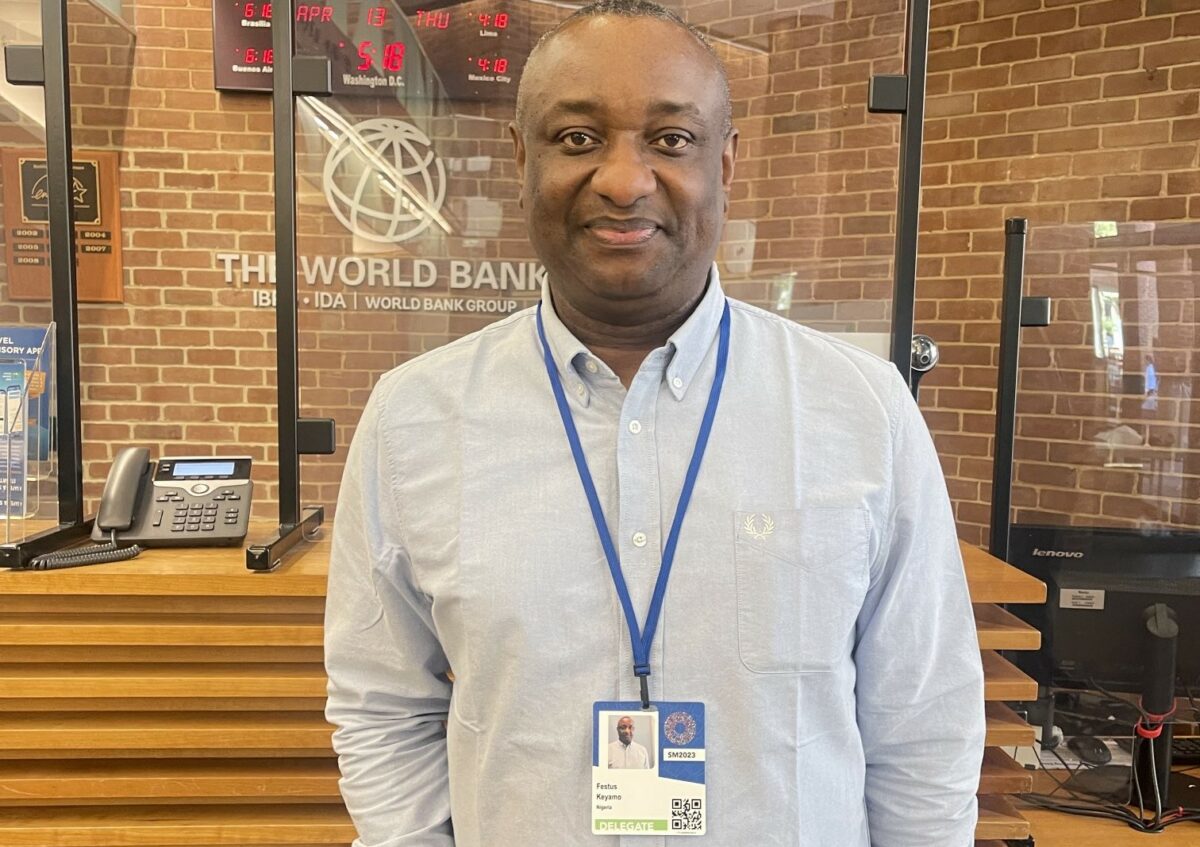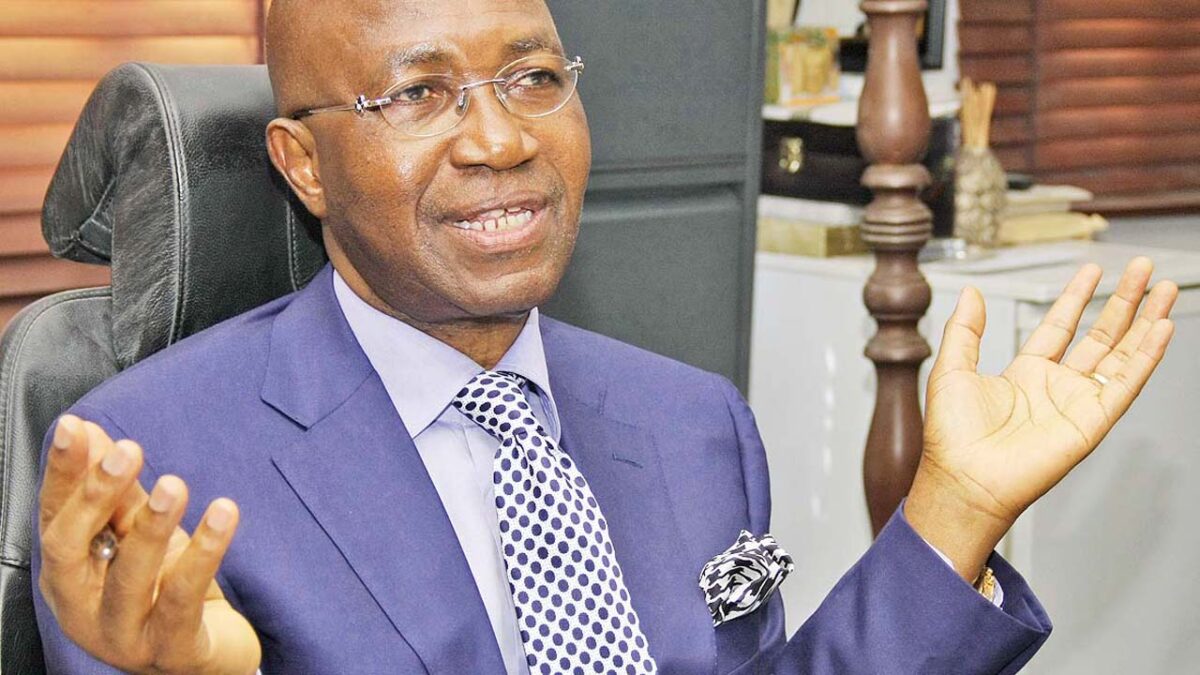If you happen to be around the Lagos-Ibadan expressway, you will find the median strip defaced with human faeces. The median strip is the wide gutter-like structure that divides the opposing traffic lanes of the highway.
A 57-second video of part of the median strip in Mowe filled with faeces can be found here.
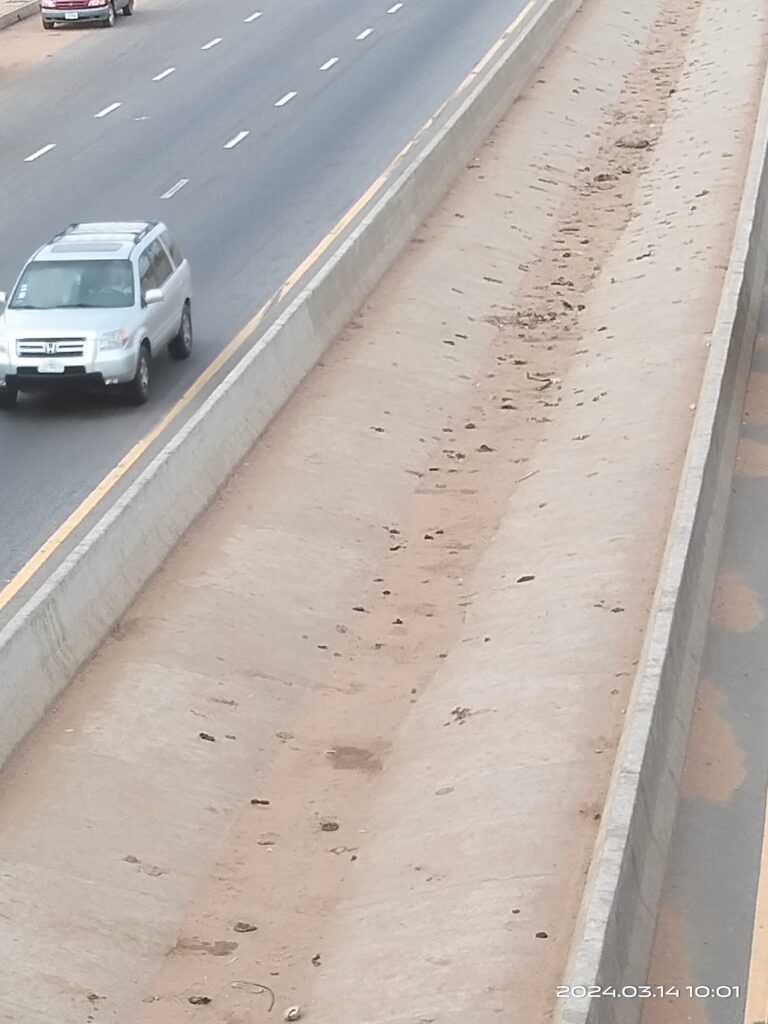
Surprisingly, when this reporter went to Mowe and Pakuro on Thursday morning to ascertain the reason behind the practice of open defecation, she found not just one but four functional public toilets.
Although using any of these public toilets comes at a cost of N100, some residents of the area would rather practice open defecation than part with that amount. In fact, that morning, while I was standing on the overhead bridge in Mowe, I saw a man using the median strip as his toilet. I would have confronted him, but by the time I walked down the bridge, he was nowhere to be found.
To examine the condition of three out of the four toilets, this reporter paid N300 each. And while the third toilet was fairly okay, considering that it was a modernised flushable pit toilet that needed some revamping, the first two toilets I checked were in pretty good shape.
While interacting with people in the area, I realised that residents knew about these public toilets. Why then do some prefer open defecation?
‘PEOPLE DEFECATE INSIDE THE DIVIDER AT NIGHT’
In Mowe, two elderly men who sat on a bench close to a lotto kiosk told me they could not fathom why people still defaced the highway divider despite the public toilets in the area.
“There are public toilets here. There is one close to this road and another just a few blocks away,” they chorused. The two toilets are stationed close to the roadside along the lane that leads into Lagos.
In response to my inquiries on why people still engage in open defecation, one of them said, “They do it at night before dawn breaks.”
As Alimi, one of the two men, took me to the nearby toilet, he said, “These toilets are always open for public use. They are open 24 hours.”
“Some people are just animals. As I am here, my priority is how to survive. Will I see someone pooing outside and chase him away? It is the government that knows what they can do to address it. Perhaps they will have to appoint people to oversee it. By the time they arrest two or more people and make them face the wrath of the law, it will discourage others from doing the same,” Alimi added.

When I was about to pay the woman in charge of fees at the first toilet, I asked her if people used the toilets often, and she said: “It is actually for everybody. People use it, but I noticed that the Yoruba people tend to use it more.”
“Some people are just so dirty. You will often find people defecating out there at night. Even in broad daylight, some people don’t care; they will just bend down and poo in public. There are two public toilets here, so I wonder why they don’t use them.”
Though there were outlets for running water at this public toilet, I could only use the buckets with pre-filled water. When I asked the woman why the tap was not running, she said people would misuse the water if it were constantly turned on.
“They will waste the water. Some people will even use it to wash clothes there,” she said.
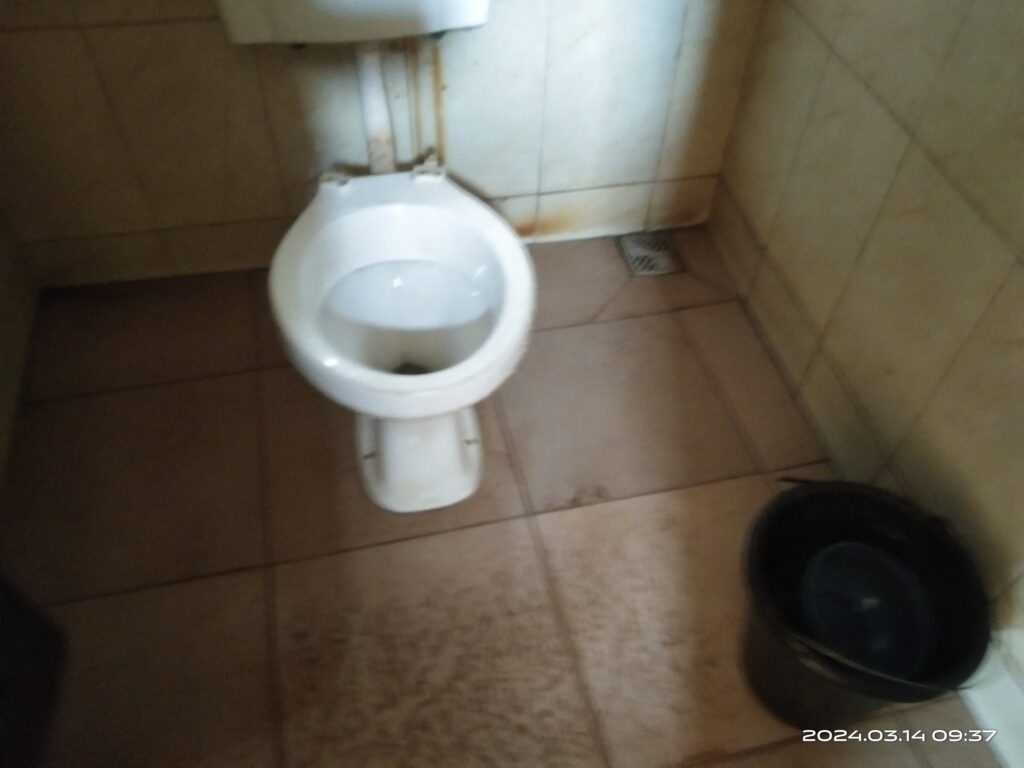
‘THEY DON’T WANT TO PAY N100’
The second toilet I checked was located on the other lane, the one that leads to Ibadan. And just like the previous one, it was overseen by a woman, to whom I paid N100.
I could see some blocks of toilets with green painted doors that had the inscriptions “Female” and “Male”. One woman was about to use the one for females, so I had to wait for her to finish her business.
While I waited, I engaged the woman in charge of the toilet in a conversation, but she was busy discussing with some other women. Within a few minutes, the toilet was available for use.
Unlike the first toilet, which lacked running water, this one had running water. It was even cleaner and tidier than the first. It also seemed newer than the previous one, as though it had been recently built.
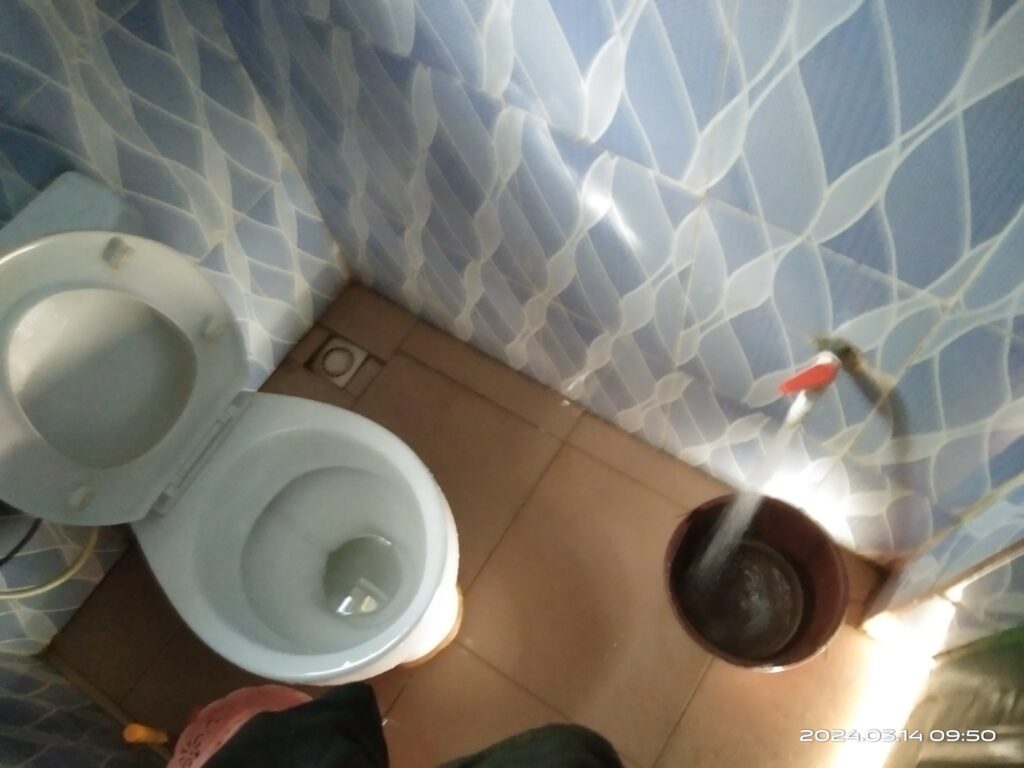
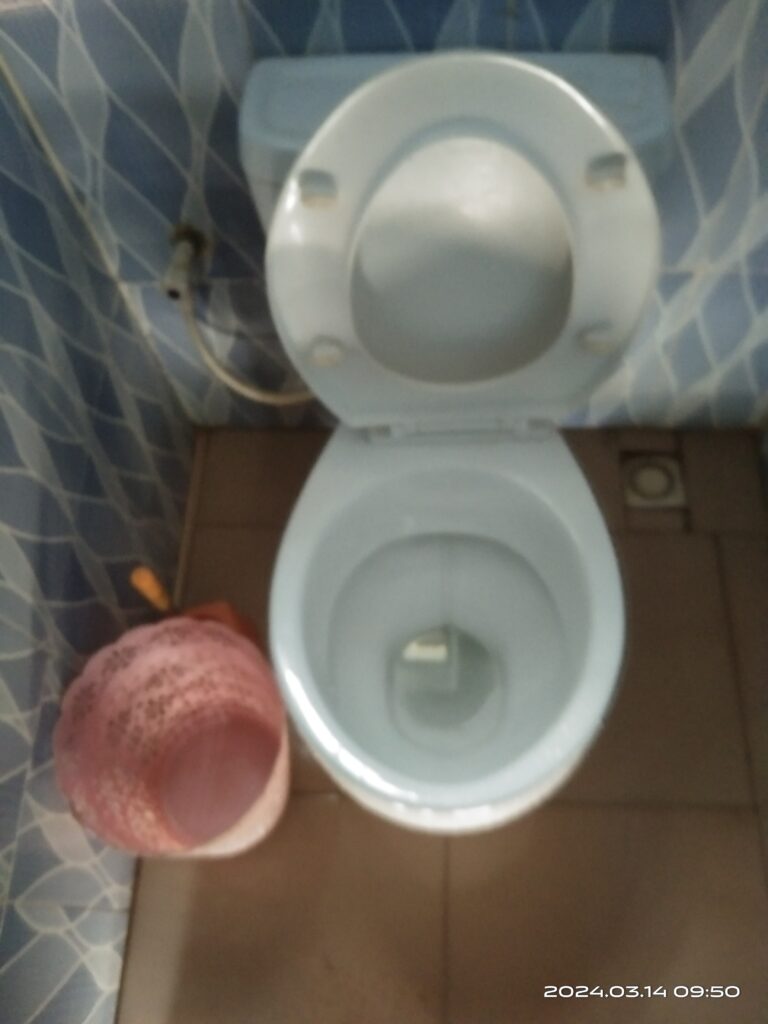
After I’d spent a few seconds inside the toilet, I stepped out and walked up to the woman in charge. She told me that people often used the toilet but some end up leaving it in a terrible state.
“Many people are just so dirty. If some people use this toilet you just used, you won’t be able to eat until the evening. This is to show you how dirty some people are,” she said.
“On whether those who are defecating inside the gutter are arrested or cautioned, it is our government that you will ask that question, not us. For some people, paying N100 for the toilet is the issue.”
From there, I went to speak with some traders around the area, and our conversation showed that they knew they could access those toilets. A group of three young men selling fried potatoes and chicken eagerly pointed at the toilet I’d just left when they heard the phrase, “public toilet”.
I asked the one closer to where I stood why he thought people still engaged in open defecation despite the accessible public toilets. Though he could barely communicate his point in English, I managed to deduce from his words that people seemed to complain about the N100 fee they had to pay.
IN PAKURO
The public toilet I saw in Pakuro was okay, but it could be better with a bit of a facelift. Here also, a woman was in charge of receiving payment. One thing I noticed was that all the toilets I went to had bathrooms that people could use.
Before I left, I asked the woman about the frequency of usage, and she told me that people always used the facilities.
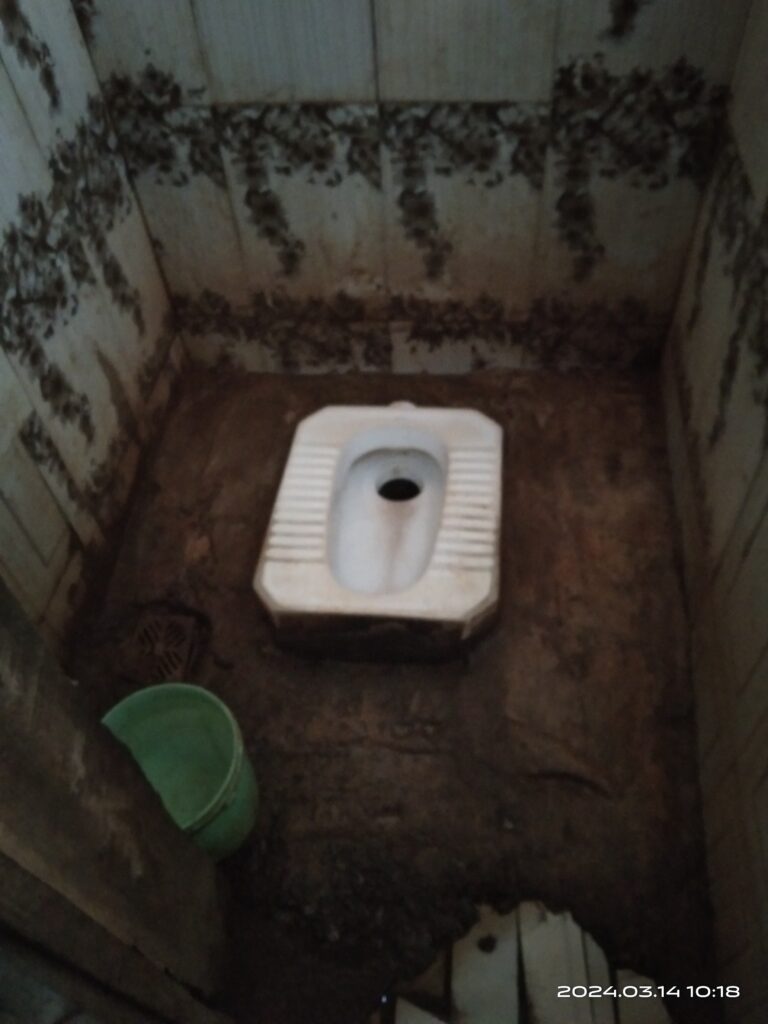
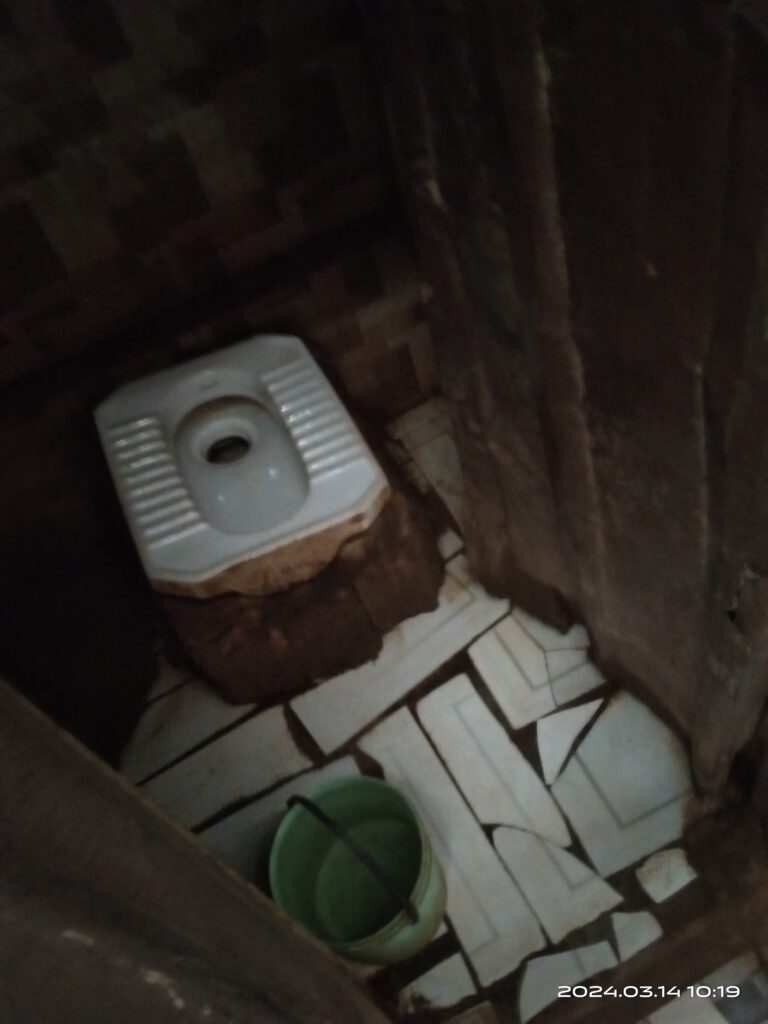
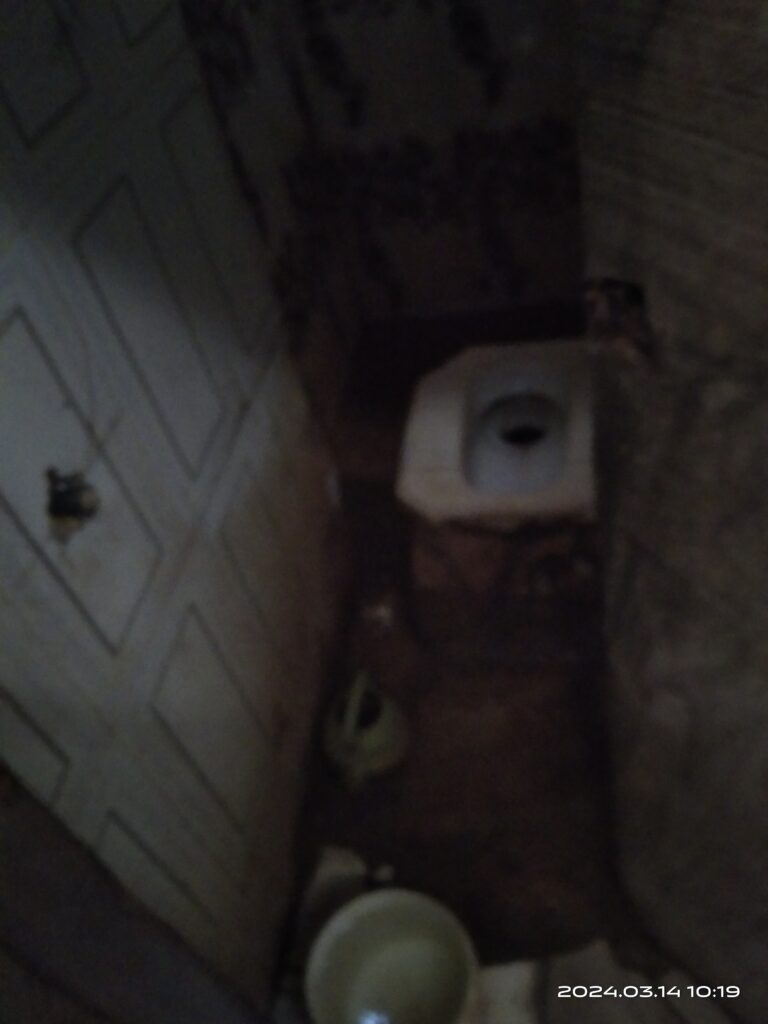
READ ALSO: In Apapa, Where They Eat is Also Where They Defecate
ON NIGERIA’S QUEST TO END OPEN DEFECATION IN 2025
In 2019, former President Muhammadu Buhari flagged off the “Clean Nigeria: Use the Toilet Campaign”. One of the goals of the campaign was making the country open-defecation-free by 2025.
However, considering that the practice of open defecation has yet to dwindle as of the third month of 2024, it is safe to say that ending the menace by next year will be a tall dream unless decisive steps are taken to end it.
In 2023, the United Nations Children’s Fund (UNICEF) revealed that the federal government had to build at least 3.9 million toilets annually to meet the 2025 target to end open defecation practices.
Local reports from November 2023 also revealed that only 105 local government areas had achieved open-defecation-free status out of the 774 LGAs in the country. This means about 669 LGAs still practise open defecation.
According to an article by Nigeria Health Watch regarding the 2025 target, “There needs to be multi-sectoral collaboration towards the construction of additional restroom facilities in educational institutions, marketplaces, internally displaced persons (IDP) camps, and various public locations. Simultaneously, there is a pressing need for continuous public awareness campaigns through mediums such as radio advertisements, social media initiatives, and other communication channels.”
While speaking with FIJ, a public health nurse, who does not want to be named, stressed the need for increased public awareness if Nigeria wants to end open defecation by 2025.
“Nigeria can achieve the end-open-defecation status by 2025 through public awareness. One, the government must build more public toilets with people to monitor the cleanliness. Signboards should also be placed at designated areas to indicate the presence of public toilets in a particular location,” she said.
A Lagos-based doctor also told FIJ “health education on the dangers of open defecation is important”.
” The government should criminalise it and they should also establish a project that funds building of toilets in low-income neighbourhoods. In addition, our sewage disposal system must be revamped.”
Subscribe
Be the first to receive special investigative reports and features in your inbox.


